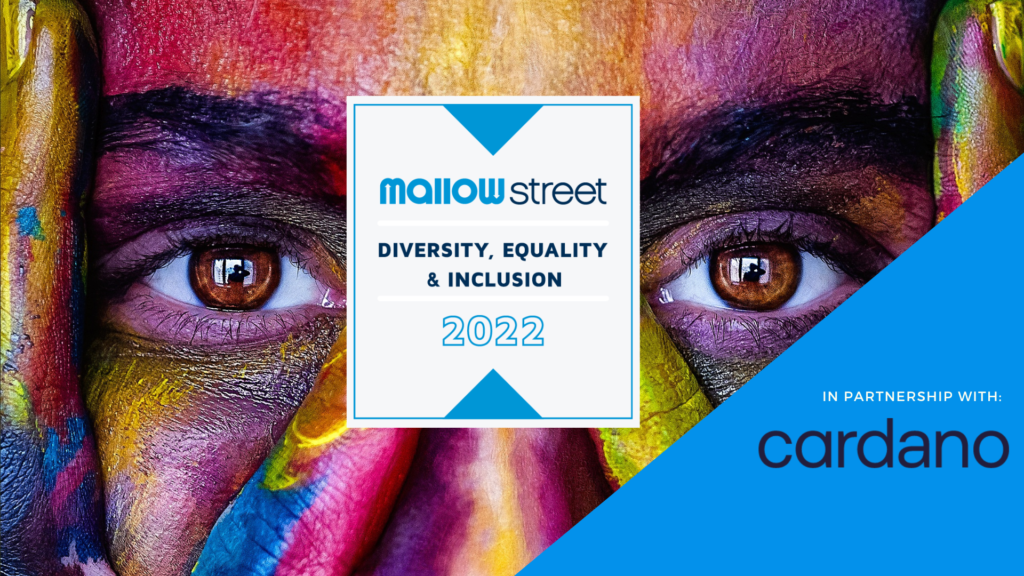Professional trustee firms driving diversity improvements in pension scheme boards
DEI remains a low priority for many pension trustee boards when compared to other governance issues and in spite of recognition that greater DEI improves decision-making and better outcomes for pension savers.
We recently commissioned research with Mallowstreet to look at the challenges and barriers to improving diversity, equality, and inclusion (DEI) across the pensions industry.
The research, which surveyed over 100 pension trustees, revealed that DEI is a low priority on the agenda compared to other governance issues. This is despite the research showing there is a recognition that DEI is a useful way to broaden a team’s skill sets as well as improve governance and decision-making for better member outcomes.
Professional trustee services firms leading the way
On the whole pension trustee boards remain overwhelmingly male, over the age of 45, and with a tertiary education. 75% of respondents sit on boards where over 60% of members are male. While 2 in 5 sit on boards where half the board are 46-60 years old. On top of this, 70% say that four out of every five board members have tertiary education (e.g. university).
In contrast to traditional pension scheme boards, the research found that PT firms appear generally more diverse, particularly in terms of age and gender. Over a third of PT firms (36%) report that more than 40% of their trustees are female. A quarter of schemes with professional trustees say the same. This highlightings that professional trustees are helping the schemes they work with increase diverse representation. PT firms also have better age diversity than scheme boards. One in five report that over 40% of board members are below the age of 45.
PT firms are also driving DEI training and implementing zero tolerance policies. Over half of PT firms (54%) have conducted or are planning to arrange diversity and inclusion training as part of their efforts to improve DEI. While 38% have established a formal zero-tolerance policy for harassment or bullying.

Diversity, Equality and Inclusion Survey 2022
Infographic on the key findings.
Need to overcome data and benchmarks challenges
However, the survey also highlighted that 58% think that DEI is low priority compared to other governance issues. 42% attributed it to the failure of attracting diverse talent. While 30% to the risk of virtue signalling or DEI becoming a box-ticking exercise. Collecting and storing DEI data and which benchmarks to follow were also challenges identified. 68% of respondents also do not follow any major DEI standards.
This is all despite 63% recognising that DEI is a useful way to broaden a team’s skill sets as well as improve governance and decision-making for better member outcomes.

Diversity, Equality & Inclusion Survey 2022
New Mallowstreet research commissioned by Cardano.

